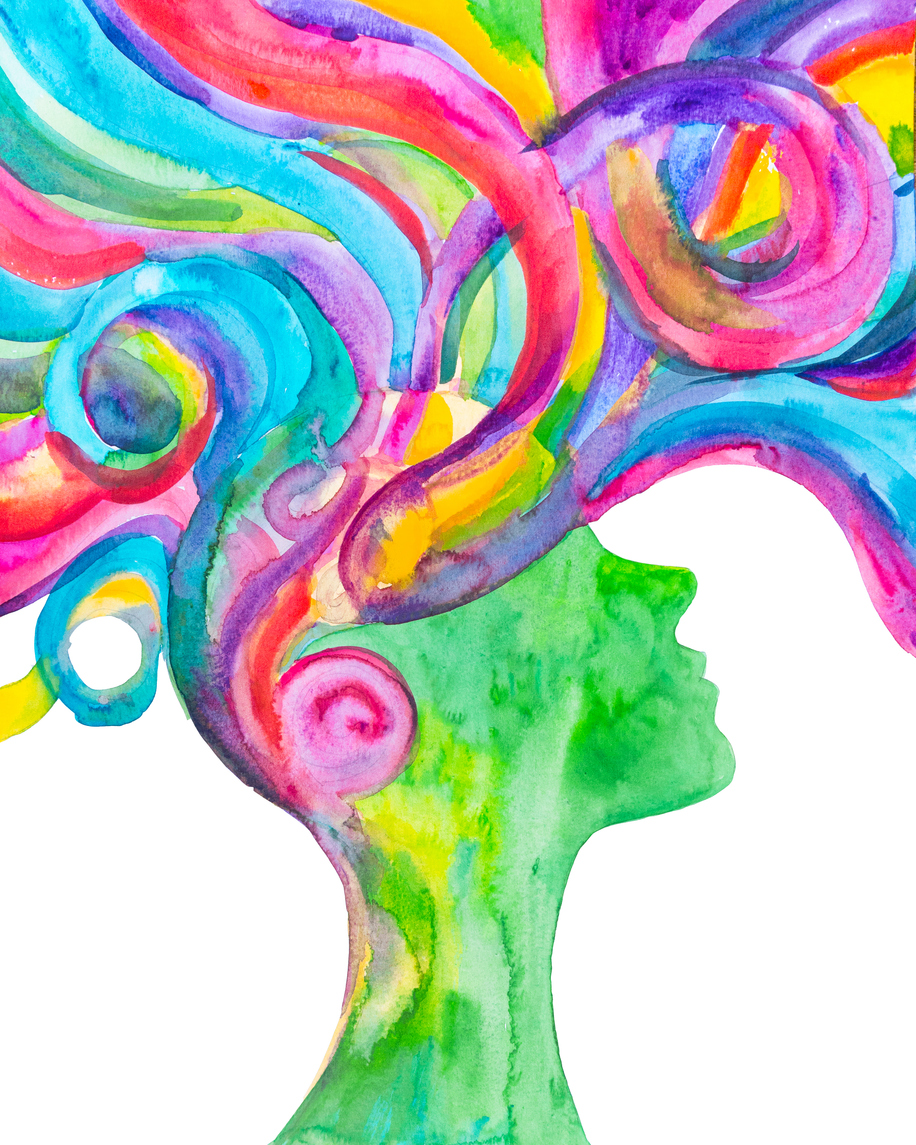Table of Contents
Related Posts

The Profound Impact of Psychotherapy
The human mind is a complex and fascinating entity capable of experiencing a wide range of emotions, thoughts, and behaviours. However, at times, it can also be a source of distress, anxiety, and confusion. This is where psychotherapy comes into play. In this blog, we will delve into the profound impact of psychotherapy on the mind, exploring its benefits, processes, and the transformative potential it holds for individuals seeking emotional well-being.
Understanding Psychotherapy
Psychotherapy, also known as talk therapy or counselling, is a collaborative process between a trained therapist and an individual or group. It provides a safe and confidential environment for individuals to explore their feelings, thoughts, and experiences, aiming to promote personal growth, healing, and mental well-being.
The impact of psychotherapy
Enhanced Self-Awareness
One of the primary goals of psychotherapy is to foster self-awareness. By engaging in open and honest conversations with a therapist, individuals gain insight into their emotions, behaviours, and underlying patterns that may be contributing to their challenges. This increased self-awareness empowers individuals to make conscious choices and take steps towards positive change.
Emotional Regulation
Psychotherapy equips individuals with effective tools and strategies to regulate their emotions. By exploring and understanding the root causes of emotional distress, therapists can help individuals develop coping mechanisms, improve emotional resilience, and manage stress, anxiety, or depression more effectively.
Improved Relationships
Our interactions with others greatly impact our mental well-being. Through psychotherapy, individuals can gain a deeper understanding of their relational patterns, communication styles, and attachment dynamics. This self-awareness enables individuals to cultivate healthier relationships, set boundaries, and develop effective communication skills, enhancing their overall quality of life.
Healing Trauma
Traumatic experiences can have a lasting impact on mental health. Psychotherapy provides a safe space for individuals to process and heal from past traumas. Therapists utilise evidence-based techniques such as Eye Movement Desensitisation and Reprocessing (EMDR), Cognitive-Behavioural Therapy (CBT), or trauma-focused therapy to help individuals reprocess traumatic memories, reduce their emotional intensity, and return to feeling in charge of their lives.
Personal Growth and Empowerment
Psychotherapy is not limited to addressing mental health challenges; it also fosters personal growth and empowerment. By exploring their values, beliefs, and aspirations, individuals can gain clarity about their goals and purpose in life. Therapists support individuals in harnessing their strengths, building resilience, and unlocking their full potential.
The process of psychotherapy

Establishing a Therapeutic Relationship
The foundation of successful psychotherapy lies in the therapeutic relationship between the therapist and the client. Establishing trust, mutual respect, and a non-judgmental environment allows individuals to feel safe and open up about their experiences.
Assessment and Goal Setting
During the initial sessions, therapists conduct assessments to understand the client’s history, challenges, and goals. Together, they collaboratively set therapeutic goals, which serve as a roadmap for the treatment process.
Therapeutic Approaches
Psychotherapy encompasses a variety of approaches tailored to individual needs. These may include psychodynamic therapy, cognitive-behavioural therapy (CBT), humanistic therapy, mindfulness-based therapy, or family systems therapy. The therapist selects the most appropriate approach based on the client’s unique circumstances.
Regular Sessions
Psychotherapy typically involves regular sessions, which may occur weekly, biweekly, or as needed. The duration of therapy varies depending on individual progress and the complexity of the concerns being addressed.
Continuous Support
Outside of sessions, individuals may be given assignments, exercises, or journaling prompts to deepen their self-reflection and extend the therapeutic work beyond the therapy room. Therapists provide ongoing support and guidance throughout the client’s journey, adjusting the treatment plan as needed.
Conclusion
Psychotherapy has a profound impact on the mind, promoting self-awareness, emotional regulation, improved relationships, trauma healing, personal growth, and empowerment. Through a collaborative and supportive therapeutic relationship, individuals can embark on a transformative journey towards emotional well-being and a more fulfilling life. If you are experiencing emotional distress or seeking personal growth, psychotherapy can be a valuable tool for navigating the intricacies of the mind and nurturing your mental health. Remember, seeking professional help is a courageous step towards self-care and personal growth.
It’s time for a paradigm shift…
THE GARDEN OF SECRETS: HOPE & HEALING
The Garden of Secrets is a groundbreaking book by Dr. Rosilda Alves that provides hope, encouragement, insights, and avenues to start the long-overdue dialogue on sexual abuse. It is time for a paradigm shift in our collective cultures to provide safety, love, and protection for women and children.
Dr. Rosilda Alves, a courageous champion for the children of Cabo Verde and all survivors of sexual trauma, confronts every taboo and breaks through the shadows to shed light on the real pain of victims. Yet, she provides a way out with powerful pathways to healing. This book is a gift, and we should be grateful.




